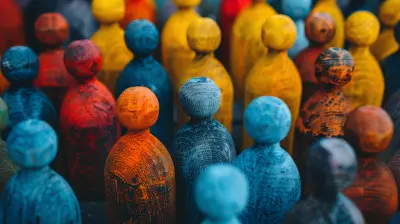Exploring the Role of Empathy in Social Relationships
25 October 2025
When was the last time someone truly understood what you were going through? Maybe it was a close friend who just “got it,” or even a stranger who offered you a kind word when you needed it most. That feeling of being understood, of having someone walk in your shoes, is rooted in one powerful human trait: empathy.
Empathy isn't just about feeling sorry for someone. It’s deeper than that. It’s the ability to understand and share the feelings of another person. In social relationships, whether they're with family, friends, coworkers, or romantic partners, empathy serves as a kind of glue. It brings us closer and helps us navigate the complexities of human connection.
In this article, we’ll explore how empathy works, its significance in social relationships, and ways to cultivate it in our daily lives. So, grab a cup of coffee (or tea, we don’t judge) and let’s dive into the world of empathy.
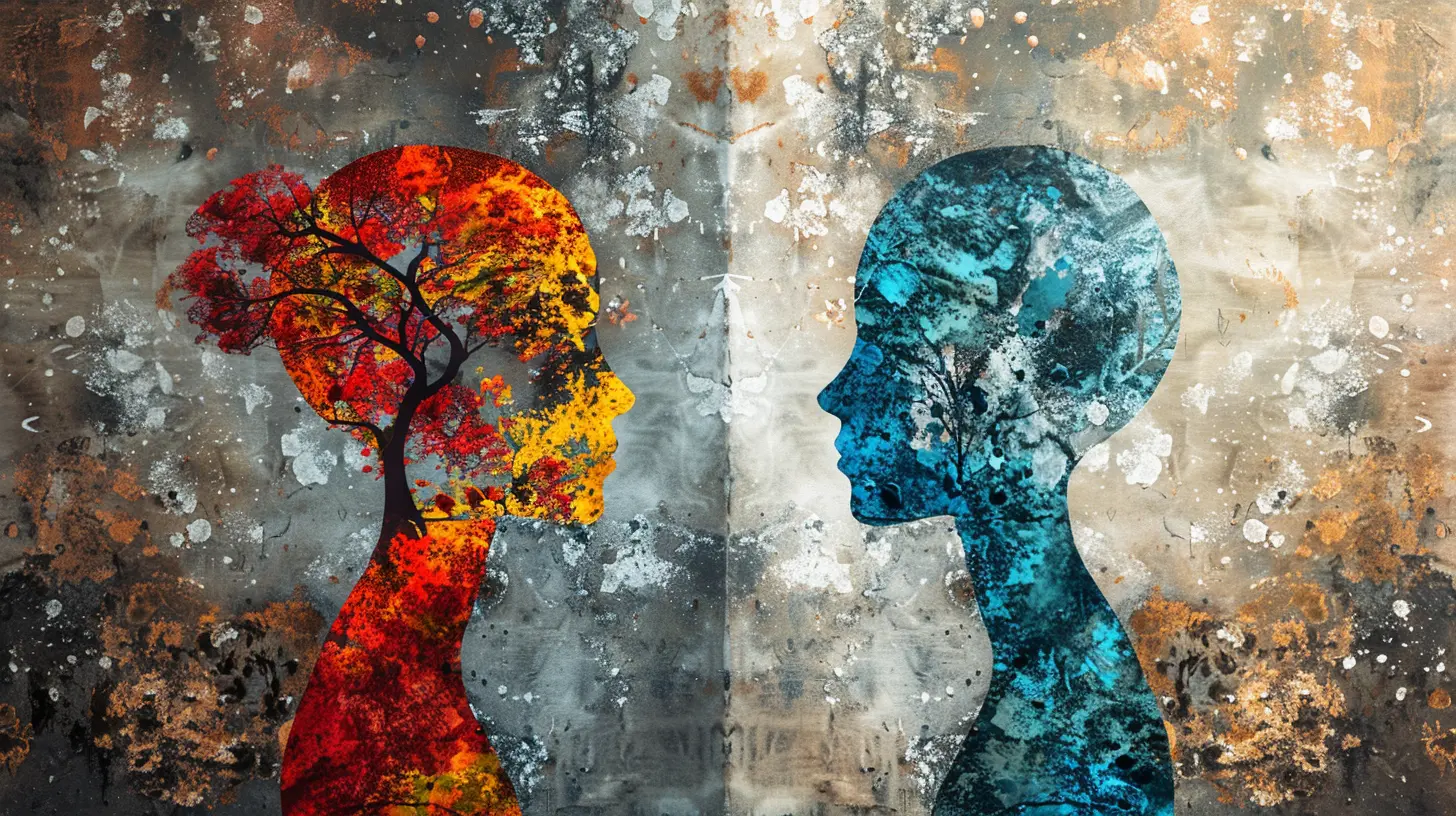
What Exactly Is Empathy?
Before we jump into its role in social relationships, it’s essential to grasp what empathy actually means. Empathy is often confused with sympathy, but here's the thing: they're not the same. Sympathy is feeling pity or sorrow for someone else’s misfortune, while empathy involves putting yourself in their shoes — feeling what they feel.There are actually three types of empathy:
- Cognitive Empathy: This is when you understand someone else's perspective. It’s like intellectual empathy — knowing what someone else is thinking or feeling.
- Emotional Empathy: This is when you actually feel the emotions of another person. If your friend is sad, you feel sad too.
- Compassionate Empathy: This is empathy in action. You not only understand and feel someone’s pain but are motivated to help them. This is empathy with a dash of altruism.
When it comes to social relationships, all three forms of empathy play a role. But it’s the emotional and compassionate types that often make the biggest difference in how we bond with others.
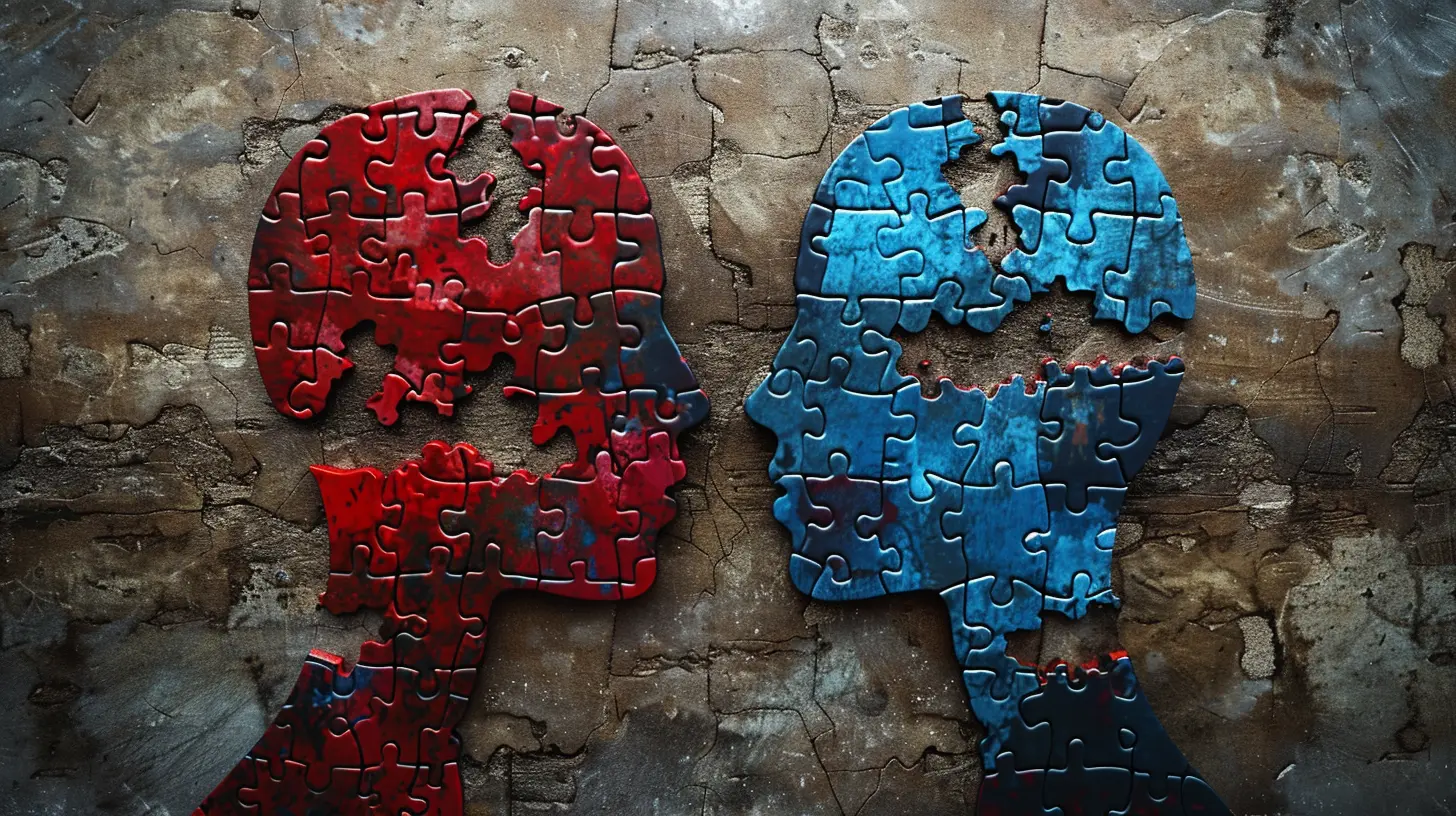
Why Is Empathy So Important in Relationships?
Think of empathy as the secret ingredient in the recipe for a successful relationship. Whether it’s your romantic partner, best friend, or even your boss, empathy has the power to enhance connection and communication.1. Building Trust and Intimacy
Trust is the foundation of any healthy relationship, and empathy is the cornerstone of trust. When you feel that someone understands you, you’re more likely to open up to them. This openness fosters intimacy, whether it’s emotional, intellectual, or even physical.Imagine telling a friend about a tough day at work, and instead of brushing it off, they listen, nod, and say, “I totally get it. I’ve been there too.” That response makes you feel validated, understood, and closer to them. Empathy builds a bridge between two people, allowing them to meet in the middle of shared experience.
2. Enhancing Communication
Ever been in a conversation that felt like two people were speaking different languages? A lack of empathy can make communication feel like that. Empathy, on the other hand, helps us tune into the other person’s frequency.When we’re empathetic, we’re not just thinking about what we want to say next. We’re actively listening. We’re paying attention to not only the words but also the emotions behind those words. This makes conversations smoother, more meaningful, and less prone to misunderstandings.
In fact, studies have shown that couples with high levels of empathy are better at resolving conflicts. Why? Because they can see things from each other’s point of view, making it easier to find common ground.
3. Reducing Conflict and Misunderstandings
Have you ever had an argument where you felt like the other person just wasn’t “getting” you? It’s frustrating, right? Lack of empathy is often the culprit behind these situations.When we fail to empathize, we’re more likely to judge or dismiss someone else’s feelings. This can escalate conflicts or create a sense of isolation in relationships. However, when we practice empathy, we’re more likely to approach disagreements with understanding and patience.
For example, instead of thinking, "They’re overreacting," an empathetic person might think, "They must be really upset. What’s going on?" This shift in perspective can de-escalate tension and lead to more constructive conversations.
4. Fostering Compassion and Support
Empathy drives us to be more supportive and compassionate. When we truly understand what someone else is going through, we’re more inclined to offer help or emotional support. This is especially important in close relationships like friendships and romantic partnerships.Empathy helps you be there for a friend who’s grieving, comfort a partner who’s stressed, or support a family member going through a tough time. It’s a superpower that makes relationships stronger, more resilient, and better equipped to handle life’s ups and downs.
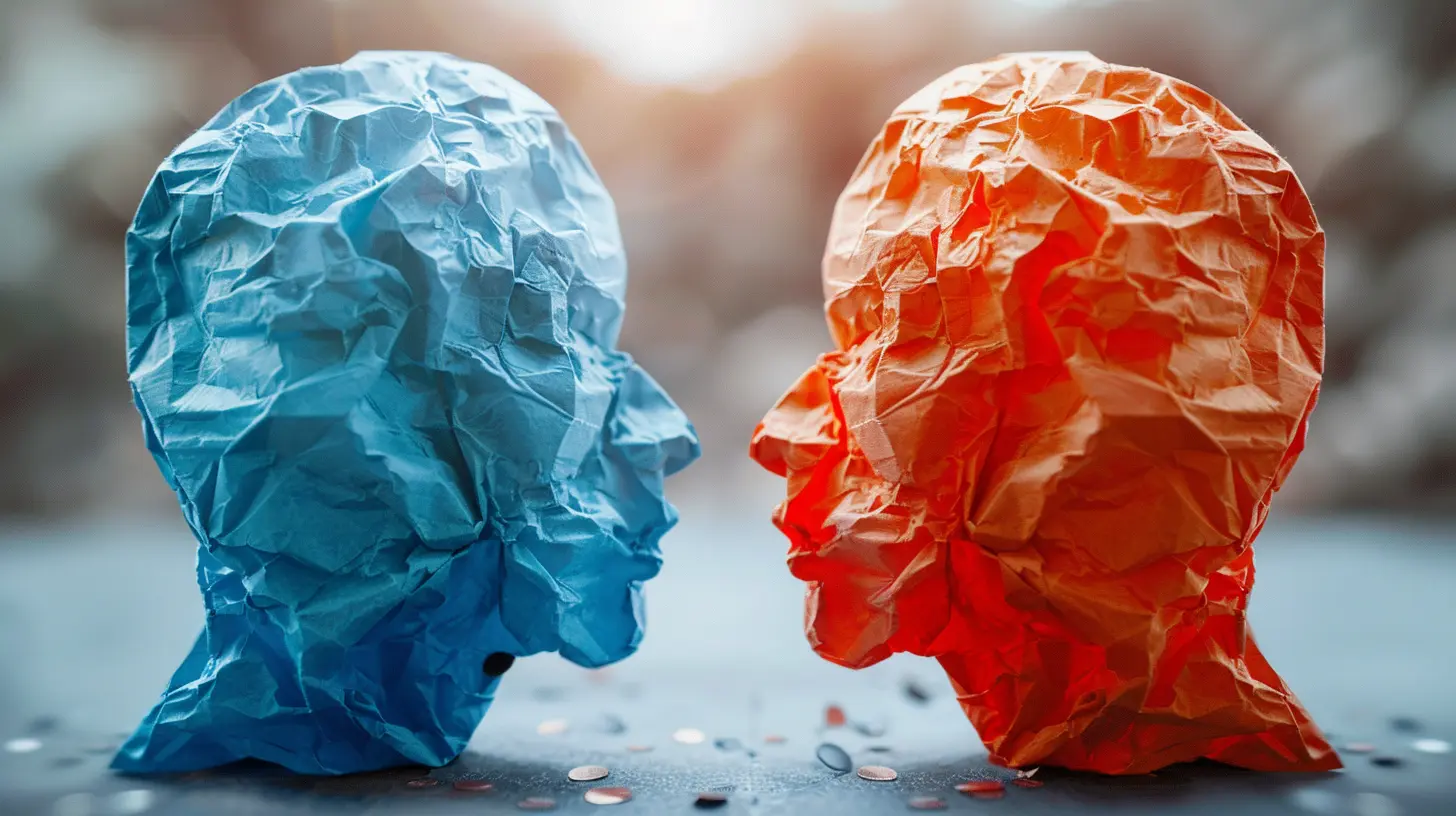
The Science Behind Empathy
Now, let’s geek out a little bit. What’s actually happening in our brains when we experience empathy?It turns out that empathy is a result of complex brain activity. Neuroscientists have identified specific brain regions that light up when we empathize with others. One key player is the mirror neuron system. These neurons fire both when we perform an action and when we observe someone else performing the same action. In a way, our brain mirrors the experiences of others, making it easier for us to relate to their emotions.
Additionally, the anterior cingulate cortex and the insula are involved in processing emotional pain, both ours and others'. This is why witnessing a friend’s sadness can evoke a similar emotional response in us.
Interestingly, research also shows that oxytocin, the so-called "love hormone," plays a role in empathy. Higher levels of oxytocin are linked to increased feelings of empathy and bonding, which is why this hormone is often associated with close relationships like those between parents and children.
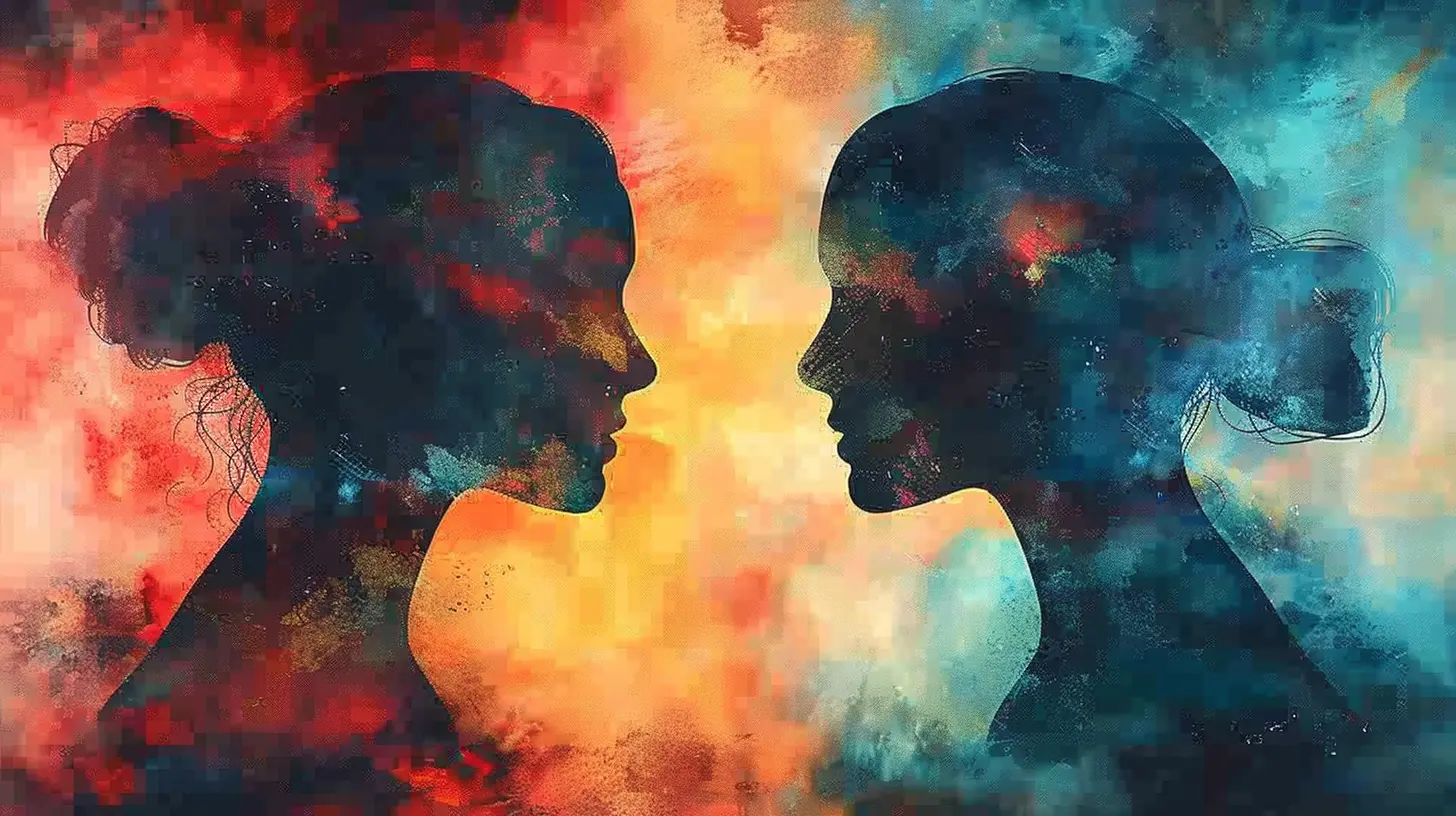
How to Cultivate Empathy in Your Relationships
So, how can we become more empathetic? The good news is that empathy isn’t a fixed trait. It’s something we can develop and strengthen with practice. Here are a few tips to help you cultivate more empathy in your social relationships:1. Active Listening
Listening isn’t just about hearing words; it’s about understanding the emotions and thoughts behind them. Practice active listening by focusing entirely on the person speaking, avoiding distractions, and responding thoughtfully. Try not to interrupt or offer solutions right away — sometimes people just need to be heard.2. Put Yourself in Their Shoes
This is the essence of empathy. When someone is sharing their feelings or experiences, ask yourself: “How would I feel in their situation?” By consciously imagining their perspective, you can better understand their emotions and respond more compassionately.3. Ask Open-Ended Questions
Instead of jumping to conclusions or making assumptions, ask open-ended questions to encourage deeper conversations. Questions like, “How did that make you feel?” or “What’s been on your mind lately?” will give the other person space to share their emotions in a more meaningful way.4. Practice Mindfulness
Mindfulness helps us stay present and aware of our own emotions, which in turn makes it easier to connect with others. By practicing mindfulness, we can become better at noticing the subtle emotional cues in our interactions and respond more empathetically.5. Learn from Literature and Stories
Believe it or not, reading fiction can actually boost empathy. When you immerse yourself in a story, you get a glimpse into the lives and emotions of the characters. This helps to expand your emotional understanding and makes it easier to empathize with real people in your life.Empathy in the Digital Age
In today’s fast-paced world, a lot of our social interactions happen digitally — through texts, emails, and social media. While these platforms make communication more convenient, they can also present challenges to empathy.When we’re not face-to-face, it’s easier to misinterpret someone’s tone or emotions. Empathy relies heavily on nonverbal cues like facial expressions and body language, which are often missing in digital communication. So how do we practice empathy in the digital age?
One way is to be mindful of how we communicate online. Before firing off a quick reply, take a moment to consider how the other person might feel. Be intentional with your words, and if you’re unsure about how someone is feeling, don’t be afraid to ask. Emojis aside, genuine empathy can still thrive in the digital world if we make an effort to stay connected on a human level.
Conclusion: Empathy as the Key to Stronger Connections
Empathy is the lifeblood of social relationships. It builds trust, enhances communication, reduces conflict, and fosters support. And while some people may be naturally more empathetic than others, it’s a skill that we can all practice and improve.In a world that often feels divided, empathy is what brings us back together. It’s the invisible thread that connects human hearts and minds, allowing us to understand and support one another. So, the next time someone shares their feelings with you, take a moment to truly listen. You might just find that empathy has the power to transform your relationships in ways you never imagined.
all images in this post were generated using AI tools
Category:
Social PsychologyAuthor:

Gloria McVicar
Discussion
rate this article
1 comments
Rachael Morrow
Empathy truly strengthens our connections with others.
November 12, 2025 at 3:52 AM

Gloria McVicar
Absolutely! Empathy fosters understanding and deepens our bonds, making our connections more meaningful.
